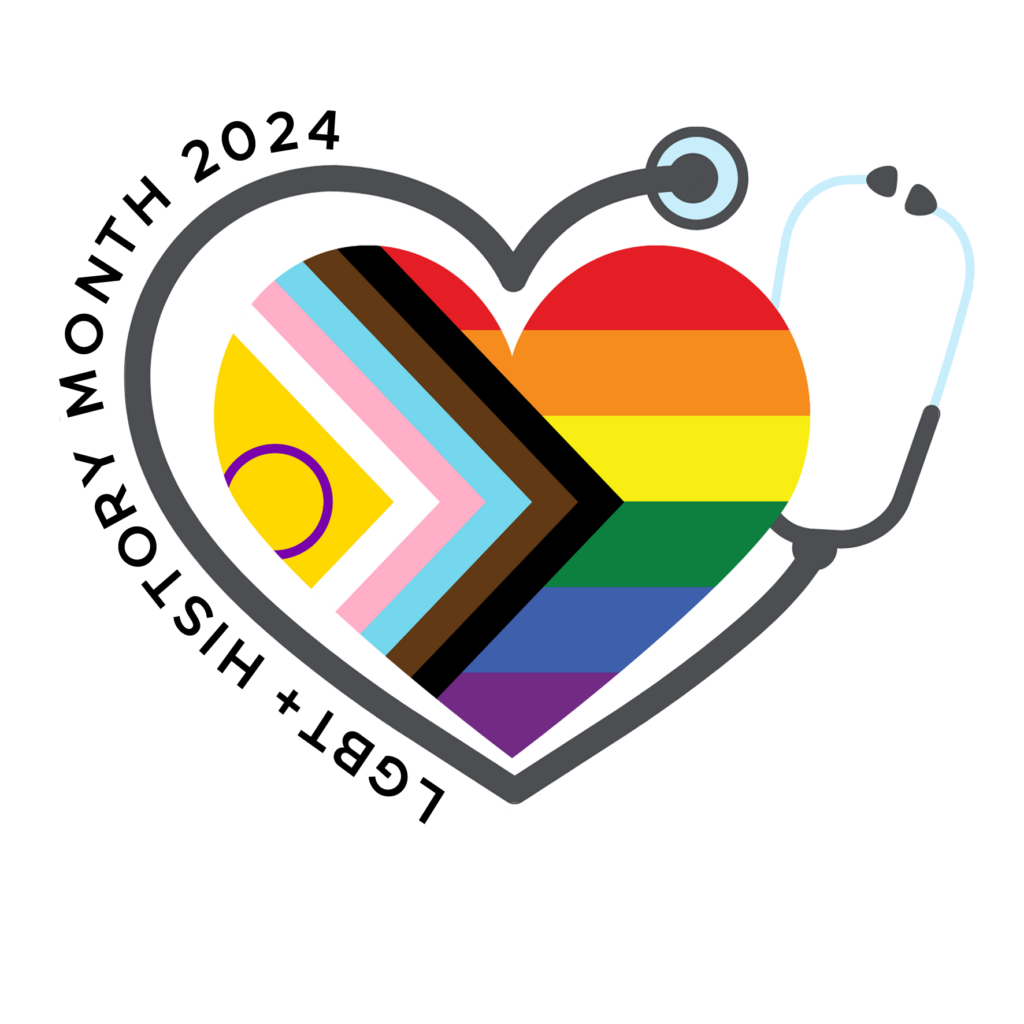
The theme for LGBT History Month 2024 is #UnderTheScope, which celebrates LGBTQ+ peoples’ contribution to the field of Medicine and Healthcare both historically and today.
With the purpose to showcase the amazing work of LGBTQ+ staff across healthcare settings, in providing healthcare, especially during the pandemic. Whilst still shining a light on the history of the LGBTQ+ community’s experience of receiving healthcare which has been extremely complicated leaving LGBTQ+ people still facing health inequalities even today.
At a time when the LGBTQ+ community is experiencing a rise in hate crime and hate instances we also encourage you to look ‘Under the Scope’ and listen to LGBTQ+ peoples’ lived experiences from LGBTQ+ people.
In this blogpost you can learn more about the amazing stories of LGBTQ+ people who worked and help the community in the medicine field. The following profiles were penned by Emma Brown, Ilaria Lombardi and Rebecca O’Rourke from Alfa.
Sophia Jex-Blake
Author: Emma Brown, Technical Author at Alfa
Sophia Louisa Jex-Blake was an English physician, teacher, and feminist. She was the first practising female doctor in Scotland, and one of the first in the rest of the UK and Ireland. Jex-Blake led the campaign to secure women access to a university education, when she and six other women began studying medicine at the University of Edinburgh in 1869. Her application to study medicine was initially rejected by the university court. However, after campaigning in various national newspapers for more women to apply, her application was accepted along with applications from six other women. These women became known as the Edinburgh Seven.
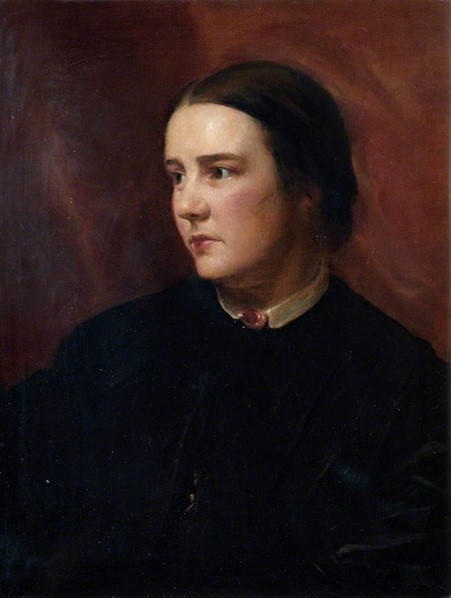
Sophia Jex-Blake
She faced hostility throughout her studies, which culminated in the Surgeons’ Hall riot in 1870. While the women sat their anatomy exam, a group of 200 people gathered outside the hall to disrupt the exam, shout insults and throw rubbish at them. Jex-Blake, along with the rest of the Edinburgh Seven, were later refused their graduation and had their degrees withdrawn by the university.
Despite this, Jex-Blake went on to establish the London School of Medicine for Women, which was the first medical school in Britain to train women as doctors. She continued her studies at various universities, including the University of Berne, where she was awarded her medical doctorate. When she gained her medical licence from the King and Queen’s College of Physicians of Ireland, she became the third registered woman doctor in the UK.
Jex-Blake is known as a pioneer of medical education for women. A plaque remains in her honour at the University of Edinburgh.
George Ward (AKA ‘Cherry Valentine’)
Author: Ilaria Lombardi, Events Manager at Alfa
George Ward better known by the stage name Cherry Valentine, was an English drag queen and mental health nurse who competed in the second series of the television show RuPaul’s Drag Race UK.

George Ward (AKA ‘Cherry Valentine’)
George was raised in a strict environment in which drag was not considered normal. He came out to his parents by writing a letter before leaving home for a week, after which his parents individually took him for a drive and talked but did not discuss his sexual orientation after that incident. He said of his early life: “Growing up [being gay] did affect me. I don’t think I was completely sane at all.”
George was the first member of his family to attend university, studying mental health nursing at the University of Cumbria, during which time he was introduced to Manchester’s drag scene. George qualified as a mental health nurse in 2015. He began performing as Cherry Valentine in 2016, while still working in a children’s psychiatric intensive-care unit and with adults with Huntington’s disease.
George described himself as genderfluid and queer and he used he/they pronouns when not in drag.
George died at at the age of 28, his death was recorded as suicide by hanging.
In October 2022, Cherry Valentine’s production company Throne Events announced a memorial concert to be held at Clapham Grand in London in November. Tickets to Iconic: The Cherry Valentine Memorial Concert were made available at no cost, with donations benefitting his legacy fund and mental health charities. The livestreamed concert featured performances by Drag Race UK contestants Elektra Fence and Joe Black, as well as the group Traveller Pride. Attendees had the chance to pay their respects by scattering rose petals around Cherry Valentine’s entrance look on the show.
Ewan Forbes
Author: Ilaria Lombardi, Events Manager at Alfa
Sir Ewan Forbes was born in 1912 in Scotland, the youngest child of Lord Sempill. His childhood was uncomfortable, filled with gender insecurity. Despite social pressures, Ewan, who was assigned female at birth, self-identified as male from a young age.
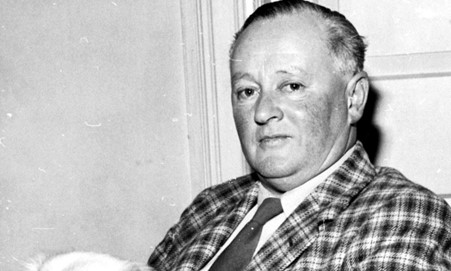
Ewan Forbes
In 1944, he graduated with Medical degree from the University of Aberdeen. Although Ewan had already begun to publicly look and behave like the man, in 1952 he formalized the change by requesting a warrant for birth re-registration, changing his gender to male and his name to Ewan. He even placed an announcement in the Aberdeen paper saying that henceforth he wished to be known as Dr Ewan Forbes-Sempill. His patients had known of his decision in advance and were reportedly very supportive. A month later he married his housekeeper Isabella Mitchell.
The re-registration passed with little to-do until 1965 when his brother died and Ewan stood to inherit the baronetcy and a large estate. A cousin challenged the inheritance, arguing that the re-registration of gender was invalid and Ewan was still legally a female, and thus was unable to inherit. The Scottish Court of Session ruled in Ewan’s favor, and in 1968 the Home Secretary confirmed the decision, granting him the title. Unfortunately, the case was conducted in secrecy, and was unable to be quoted in other judgments on the legal recognition of gender variance (though that has changed since his passing). With the case settled, the baronet returned to the life of a rural landowner.
He was appointed a Justice of the Peace for Aberdeenshire in 1969 and in 1984 published The aul’ Days, a book of early reminiscences, including tales of gender displacement.
Margaret Stacey
Author: Ilaria Lombardi, Events Manager at Alfa
Margaret was a leading figure in establishing sociology as an academic discipline, helping shape British empirical sociology. She was one of the creators of medical sociology as a distinct academic field. She was a key contributor to the reconceptualisation of medicine as a healing system in a wider societal context, rather than simply concerned with the interactions in the clinic; a ‘sociology of health and healing’, rather than ‘medical sociology’. Her work in the sociology of health and healing has influenced policy and medical education.
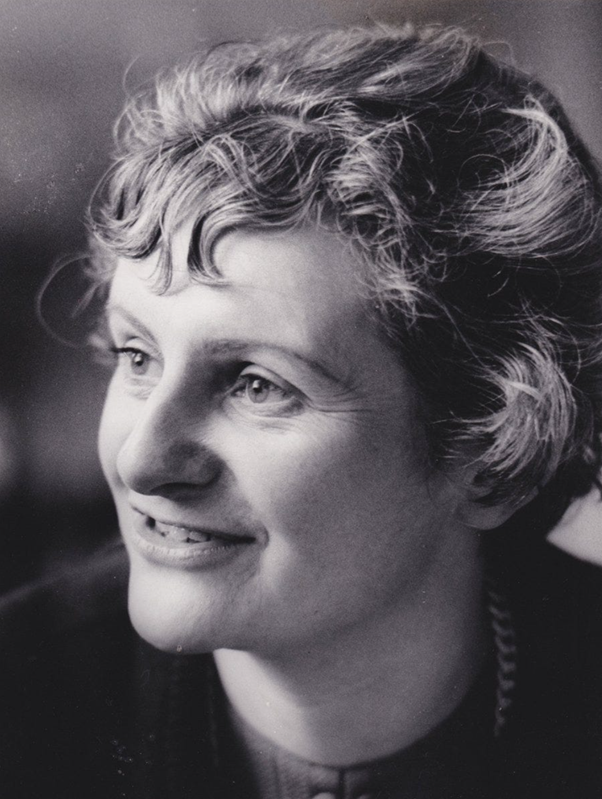
Margaret Stacey
Her first book, Tradition and Change (1960), was the first British study of social change to have a follow-up study. It examined social change in Banbury, Oxfordshire in the 1940s, and was pioneering for its use of team research.
Cecil Belfield Clarke
Author: Rebecca O’Rourke, Junior Software Engineer at Alfa
Dr. Cecil Belfield Clarke was a groundbreaking Barbadian physician. He won a scholarship to attend Cambridge university in 1914, and after graduating during World War I, he devoted nearly 50 years to serving the Elephant and Castle community as a GP. Notably, he even kept his practice open during the Blitz. His medical legacy includes Clark’s rule, a paediatric dosage formula, still used globally to this day.
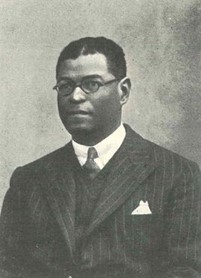
Dr. Cecil Belfield Clarke
Clarke was an active campaigner, and became one of the founding members of the League of Coloured Peoples (LCP) in 1931, an organisation set up to achieve a number of objectives with a focus on racial equality and civil rights for Black people in Great Britain.
At a time when homosexuality was deemed a criminal offense, he lived with his long-term partner, Pat Walter, further demonstrating his fortitude and authenticity.
Dr. Clarke’s impact lives on through a blue plaque near his practice and a prize at St Catharine’s College Cambridge, acknowledging his lasting influence on medicine, civil rights, and LGBTQ+ history.